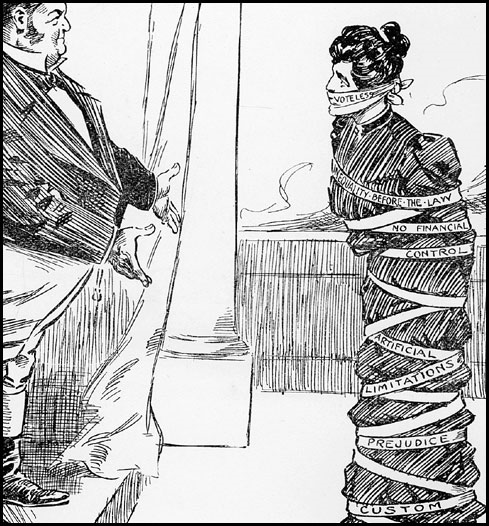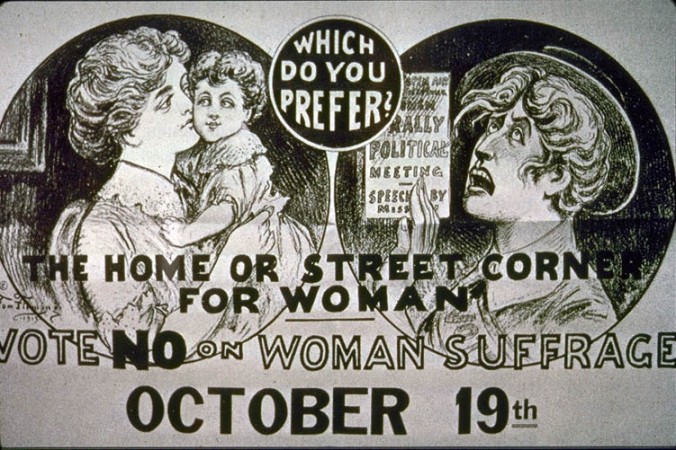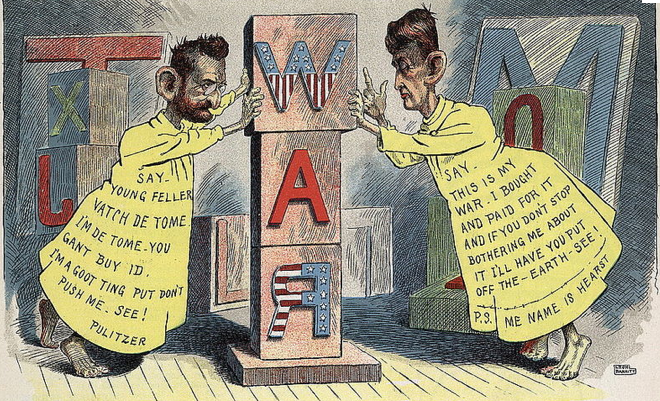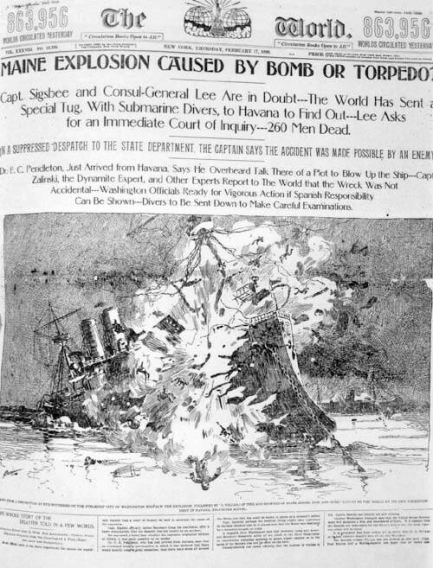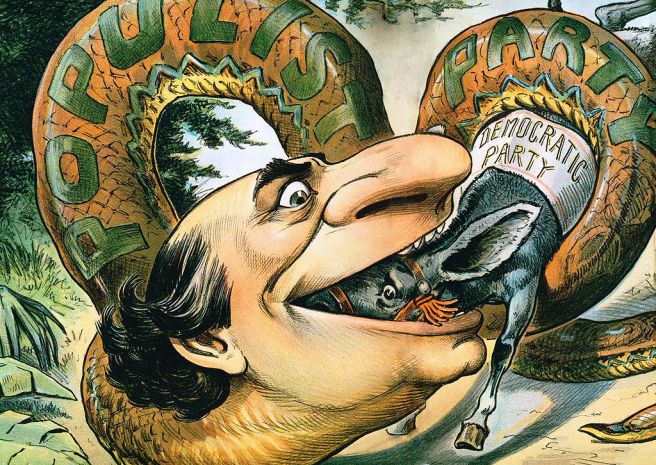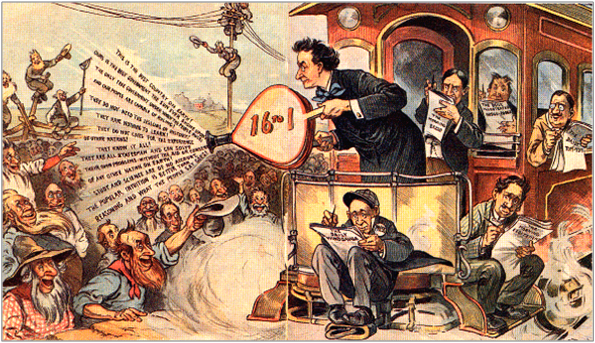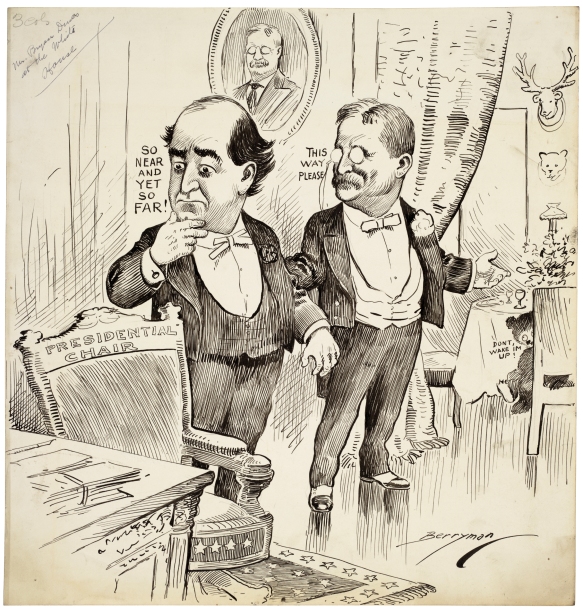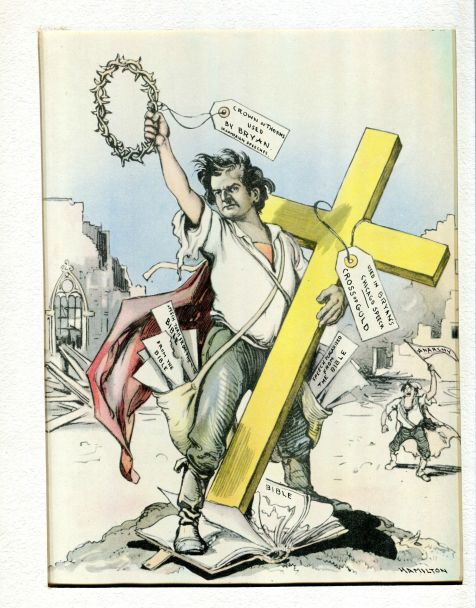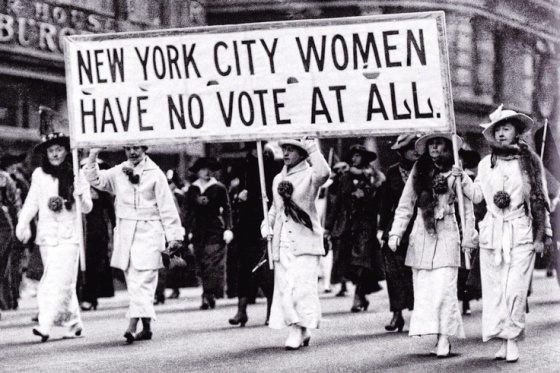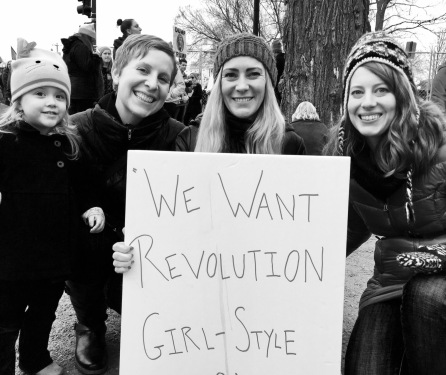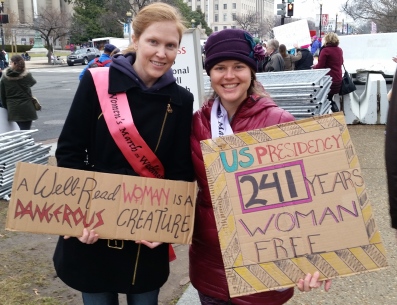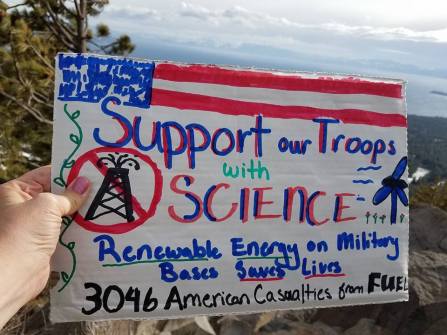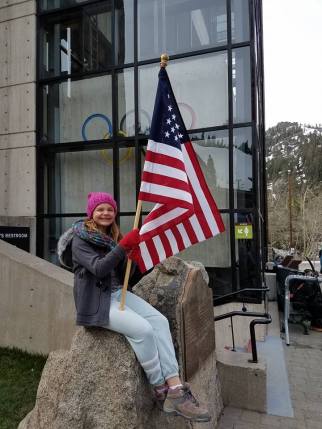“Hi There! Is your voter registration up to date?” I asked a woman walking into the library.
“No thank you!” replied the woman in an agitated huff. “I’m just trying to go to the library!” she muttered sharply as she rushed away. She opened the glass doors and disappeared into the air conditioning. I glanced down at my clipboard, with “Register to Vote” neatly written on the back, baffled. “She must not have understood what we were asking.” I said to my friend.
But a few minutes later, the librarians emerged and told us that we could not be so close to the doors and we were not allowed to sit in the chairs in front of the library. “Those are for patrons!” the librarian insisted. She pointed us to a corner at the very edge of the library patio, where only half the patrons could see us.
“You have to stay within this square” she insisted. She knew we were doing non-partisan voter registration, providing a service to the community, but I was still banished.
Voter registration is a surprisingly controversial topic, I’ve discovered. I have been kicked out of the parking lot of an organic grocery store, Starbucks and sadly, even Costco’s sidewalk, despite having my membership card. I politely asked the manager of the organic grocery store if she would allow me to provide this service as a courtesy for the community, but her response was, “How many times do I have to tell you no!”
At Christmas time, many stores allow a salvation army representative to ring a bell and fundraise for a worthy cause, but during election season, helping citizens get their ballots and their voice is somehow offensive.
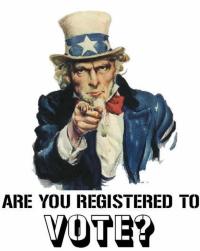
Registering voters is a significant part of my current job. I stand out in front of the Library of a small Denver suburb and ask people if they need to update their address. I wear no campaign paraphernalia out of respect for the library and consider this a service to the community. When I ask if their registration is current, most people beam or give me a thumbs up and proudly say, “Yes it is!”
“Well done!” I reply. They walk away with a little civic skip in their step.
But I also encounter a startling number who seem to find the concept of voting offensive or beneath them. And some who consider not voting, an act of defiance.
“I’m not voting.” One woman told me, “I don’t like either candidate!”
“What about the local candidates?” I called after her.
A young man with black hair and black lipstick told me, “I hate this system. I am not voting because I’m a conscientious objector!” This didn’t make sense to me.
“But your vote is your objection!” I replied.
He shook his head at me.
“You’re just part of the system.” He said. He walked away, refusing to vote.
The incredible right and democratic duty to vote seems lost on the 51 million Americans who are eligible but not registered to vote. But voting defines our democracy. If our citizens don’t vote, then we become an oligarchy or a confederacy. But many Americans simply take this for granted. We can have the best constitution in the world, but if American’s don’t vote, America isn’t a democracy.
Citizens emerging from years of dictatorship, understand this clearly. They take the right to vote very seriously.
As I watched the ‘conscientious objector’ walk away into the publicly funded library, my mind flashed back to October 2005, where I stood inside the dusty blue cement walls of an Iraqi polling center, watching Iraqis vote for their first constitution.
I wore a navy blue flack jacket and helmet and a little badge that identified me as an election monitor. The voting room was simple, holding only a registration table, a ballot table, and a large tupperware voting box with a bottle of purple ink beside it. An Iraqi election worker directed people through this still unfamiliar process.
One woman wearing a black hijab walked past me with her young daughter in tow. She placed a carefully folded ballot in the box, dipped her finger into the orange plastic bottle of purple ink and then departed the ballot room, smiling, broadly.
The room had the atmosphere of a holiday. Everyone greeted each other, smiling, and wearing their best clothes. Women with children, men in suits, a woman bearing a tribal tattoo on her hand and a teenage girl in a ball cap and western shirt –people deeply divided by ethnic, economic and religious ties – all had one distinguishing characteristic in common – a purple index finger.
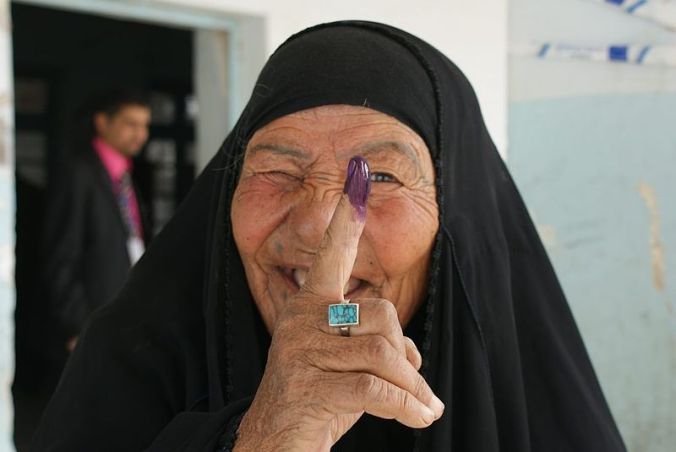
Outside, Iraqis stood in long, winding security lines delineated by yellow plastic tape, giving the poling center the aura of a crime scene. The security check, designed to keep people safe while voting, ironically left voters exposed and vulnerable while they waited to enter the station. A few months earlier, during the election for their interim government, 300 poling stations had been attacked and at least 45 voters had been killed. Their purple stained finger – the proof they had voted — made them a target. During the interim election, Sunni militias and Al Qaida affiliates who were protesting the vote, gunned down people with purple fingers. Many people, to keep themselves safe, left the poling center with their fists clenched or kept their hands in their pockets.
That afternoon, when I finished my shift, my driver Luaay was waiting for me. He was standing next to the car and holding his purple index finger out for all to see. “You see, I voted!” he told me, defiantly. “I voted!”
“Well done!” I told him. “Don’t you want to hide your finger?” I asked, casually looking around wondering if his purple finger or my blond hair made us more of a target.
“I don’t care if they see.” He replied, his voice growing fierce and defiant. “I don’t care if these terrorists kill me. I voted. I want the world to know.”
I think about the incredible risk Luaay and the other Iraqis willingly incurred by showing up at these polling centers. Fear of death did not deter them from casting their vote. And yet, I meet Americans every day who refuse to vote because they are annoyed, frustrated, or feel like their vote doesn’t matter. But their vote doesn’t matter only if they don’t vote.
Several days later, at a farmers market, I walked up to a melon stand and asked a young girl working there if she was registered to vote.
“I’m not old enough.” She replied, adjusting a watermelon in front of her.
“Will you be 18 before November 8?” I asked her. With long blond hair and a wiry frame, she looked just on the edge of adulthood. She started at me startled for a moment and replied, “November 8? That’s my birthday!”
“Really!” I said gesturing wildly with my clipboard full of blank voter registration forms. “That’s amazing! You get to vote in this election!” I sounded more like a game show host announcing a prize than a woman on a civic mission on a suburban Saturday.
I extended the clipboard to her with a pen, thrilled that I could be here when she first registered to vote. I expected her to eagerly grab the sheets from my hands and scribble her name with the fervor of freedom. Who wouldn’t jump at the opportunity to have a voice in this Great American Experiment? But instead she backed away a few paces from me and wrinkled her nose as if I had just extended a bag of refuse.
“I’m not gonna do that.” She replied, looking at her feet.
“You don’t want to register to vote?” I asked, confused. “You’re eligible. You can vote in this election.” I extended the clipboard again. And she again refused.
“I don’t want to do that.”
“Why not?” I asked her gently.
“It’s too important a decision. I don’t know how to make it.” She said.
I took a deep breath. I didn’t expect that answer. Society clearly failed this girl if she didn’t have the confidence to vote.
“But you live in this community.” I told her. “You have thoughts.” I paused for a moment and then said, with a little too much conviction, “you are an intelligent, capable young woman whose observations and thoughts matter.” I suggested that she go to the candidate’s websites and take a look at what they are doing.
“You are capable of deciding and it is your right and duty.” I concluded.
She stopped looking down and looked at me for a moment. I thought perhaps I had reached her.
“But you wont be able to make that decision, unless you register to vote.” I extended her the clipboard and she stared at it for a moment. She didn’t back away. Perhaps she was going to take it. But I was interrupted. A man from a neighboring stand approached me and introduced himself as the owner of the farmer’s market. “You can’t be here.” He told me firmly. He was large and intimidating.
“Oh, I’m just registering people to vote.” I said, clarifying that I was providing a service to the community. “You can’t do that here.” He stared at me hard and then said firmly, “leave.”
I took one last look at girl, who was now staring at her shoes, and I walked away, my clipboard drooped at my side. My eyes filled with tears. Angry at the man for not cherishing our democracy and deeply saddened that a young girl can emerge from an American school system feeling like she doesn’t have the capacity to cast her vote.
I thought about Louaay and the Iraqis who risked their lives to exercise their right to vote. They understood that voting and having a voice in government defines a free government.
So, I took my clipboard back to the library. After a few minutes a middle aged woman approached me and asked if she could register to vote. I handed her my clipboard with a smile. She took the two minutes to fill in the forms and handed it back to me.
“Great! Just give me a minute to look it over.” I said – ensuring she had filled it in correctly and she would get her ballot sent to the right place.
“It looks good!” I said, looking up at her. Then I noticed tears in her eyes.
“It’s my first time” she said. I realized that she was a new citizen and this was her first time registering to vote.
“Congratulations.” I told her warmly, extending my hand. She shook it firmly. I then pulled her toward me slightly and whispered, “Welcome to our Democracy. I’m glad you’re on the team.”
She laughed and wiped the tears from her eyes, thanked me and walked away. As I watched her walk away, she seemed to be walking just a little taller.
I smiled and thought to myself, Democracy is safe.
